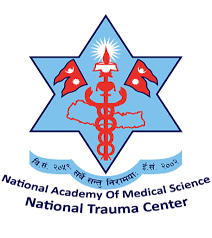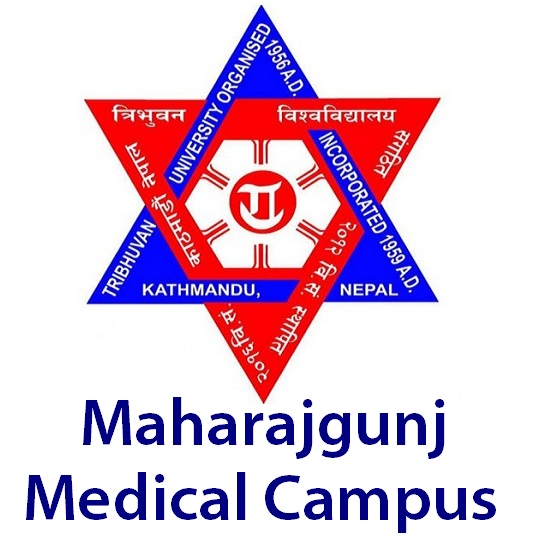Overview
Master of Pathology (MD Pathology) at Kathmandu Medical College, Kathmandu, Nepal (affiliated with KU)
Course Overview
The Master of Pathology (MD Pathology) at Kathmandu Medical College is a postgraduate program that provides in-depth knowledge and training in the field of Pathology. Pathology is the study of disease - its causes, process, development, and consequences. The program aims to produce competent pathologists who can diagnose, monitor, and treat diseases effectively.
Course Outlines
The MD Pathology program at KMC covers a broad range of subjects including general pathology, systemic pathology, cytopathology, hematology, clinical pathology, immunopathology, and molecular pathology. It also includes autopsy and surgical pathology along with the relevant lab techniques, ensuring the students gain practical exposure.
Duration
The MD Pathology program at KMC is a 3-year course, divided into six semesters.
Objectives
The main objectives of the MD Pathology program are to equip students with comprehensive knowledge of the subject, impart essential skills to diagnose and manage diseases, instill a methodical approach to carry out research, and nurture ethical values in the practice of pathology.
Eligibility
Candidates seeking admission to the MD Pathology program should have a MBBS degree from a recognized medical college or university and must have completed their internship. They should also clear the entrance examination conducted by Kathmandu University.
Learning Outcomes
Upon completion of the course, graduates will have a deep understanding of the causes and effects of diseases, be able to perform autopsies, examine biopsies, carry out important pathological tests, and interpret the results accurately. They will be able to correlate laboratory findings with clinical conditions.
Scope
With an MD in Pathology, graduates can work in hospitals, diagnostic labs, medical colleges, or they can run their private pathology labs. They can also venture into research or teaching.
Fees Structures
Please contact the administration office of Kathmandu Medical College for accurate and updated information on the fee structure.
Career Prospects
Career prospects for an MD Pathology graduate are vast. They can work as Pathologists, Laboratory Directors, Clinical Pathologists, Anatomic Pathologists, Forensic Pathologists, or Neuropathologists, among other roles.
Career Options
There are several career paths available, such as teaching in medical colleges, working in diagnostic labs, serving in hospitals, consulting for pharmaceutical companies, or working in research institutions.
Why Choose this Course
Choosing MD Pathology opens up a broad range of opportunities. It not only provides a solid understanding of disease processes, but it also equips graduates with the skills to diagnose and treat diseases effectively, making a significant difference in patients' lives.
What After
After completion of MD Pathology, graduates can further specialize in fields like forensic pathology, hematopathology, or molecular pathology. They can also pursue a Doctorate in Medicine (DM) or a Doctorate in Pathology.
Scholarship
For information on scholarships, kindly contact the administration office of Kathmandu Medical College.
Please note that this information is a general overview and might not fully apply to Kathmandu Medical College's exact curriculum. For the most accurate and detailed information, please directly contact the college or visit their official website.
Contact Kathmandu Medical College's administrative office for detailed information on the Master of Pathology (MD Pathology) course, including fees, scholarships, facilities, counseling, eligibility criteria, etc.

















